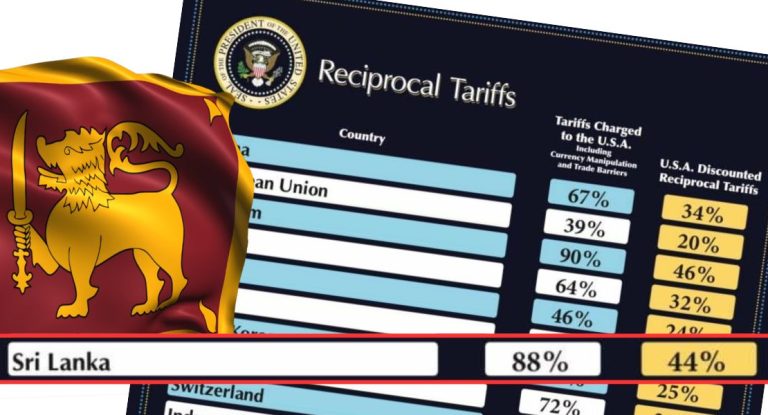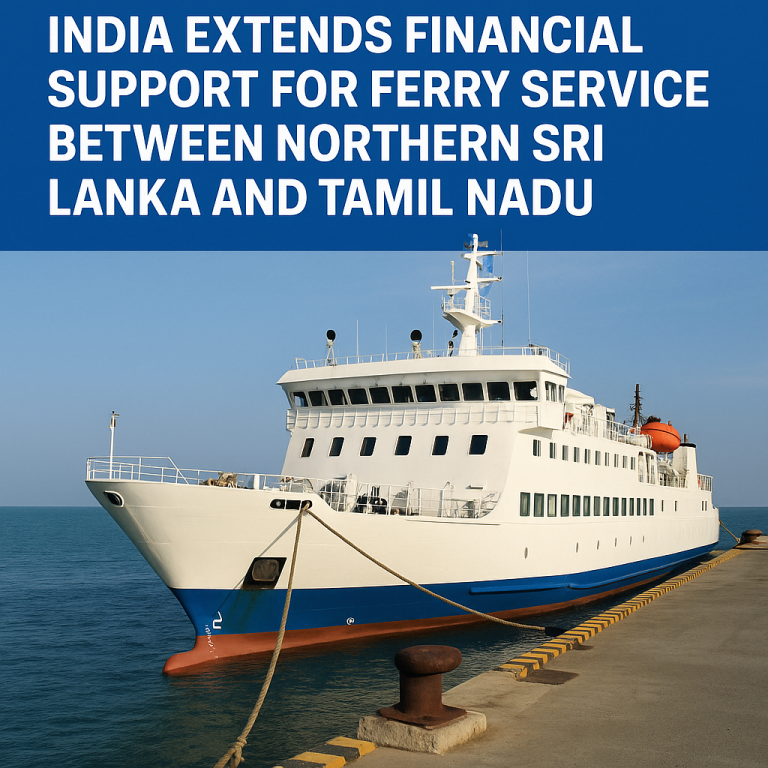Colombo Port Experiences Surge in Traffic Amid Red Sea Crisis
Sri Lanka’s Colombo port has witnessed a significant increase in container volumes in recent weeks as vessels seek alternative routes to avoid the tensions in the southern Red Sea. Yemen’s Iran-backed Houthi rebels’ attacks on ships in this vital shipping route prompted some shipping companies to opt for the longer and more expensive route around Africa’s Cape of Good Hope. Colombo’s strategic location has made it a preferred transit point, providing convenient access to the Middle East, South Asia, and East Asia, leading to a 15% increase in transshipment volumes in December alone.
Colombo Supports US Operations Against Houthis
In a surprising turn of events, Sri Lanka has announced its decision to support US-led operations against Houthi rebels in the Red Sea. President Ranil Wickremesinghe revealed that a Sri Lankan navy vessel would join Operation Prosperity Guardian, aimed at securing commercial shipping lanes in the Red Sea. This move comes in response to Houthi attacks on vessels, including those deemed “Israel-linked,” escalating tensions in the region.
Sri Lankan Workers in Houthi-Controlled Areas Express Concerns
Despite the economic benefits for Sri Lanka, the decision to support US operations has raised concerns among Sri Lankan workers in Houthi-controlled areas of Yemen. Employees fear for their safety, anticipating potential threats once the Sri Lankan vessel joins the multinational coalition. The workers express worries about being caught in the crossfire and the impact on their daily lives and interactions with locals.
Foreign Policy Shift or Balancing Act?
Sri Lanka’s decision to actively participate in the Red Sea operations has sparked speculation about a potential shift in the country’s foreign policy. Historically supportive of the Palestinian cause, Sri Lanka’s move has surprised some analysts. However, experts like Uditha Devapriya from Factum, a Sri Lanka-based foreign policy think tank, believe it reflects the unpredictable nature of Sri Lanka’s foreign policy rather than a fundamental shift. The country’s vote in favor of Palestinian interests at the UN in December contrasts with its decision to physically join the US-led operation.
While the deployment of a Sri Lankan vessel may not immediately impact those in Yemen, coupled with the government’s decision to send thousands of workers to Israel, it raises concerns about the broader implications for Sri Lankan employees in the Middle East. The country appears to be navigating a delicate balancing act amid geopolitical tensions, economic considerations, and historical alliances.








